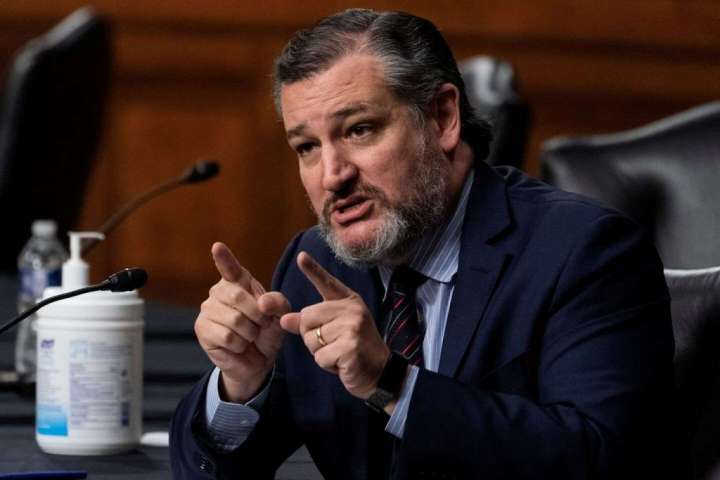The Supreme Court sided with Sen. Ted Cruz (R-Tex.) on Monday in the conservative majority’s latest assault on the laws meant to fight political corruption. Their decision will enable campaign donors to funnel money into candidates’ personal bank accounts, revealing stunning indifference to the corrosive effects this could have on how the nation is governed and public confidence in those doing the governing.
The Supreme Court green-lights political corruption — again

The court opinion, written by Chief Justice John G. Roberts Jr., concerns when and how candidates may be repaid for personal loans they make to their campaigns. Federal rules previously barred candidates from taking more than $250,000 in repayment from their campaigns if that money came from donations made after Election Day. The logic is obvious. “Political contributions that will line a candidate’s own pockets, given after his election to office, pose a special danger of corruption,” Justice Elena Kagan explained in a dissent. “The candidate has a more-than-usual interest in obtaining the money (to replenish his personal finances), and is now in a position to give something in return. The donors well understand his situation, and are eager to take advantage of it. In short, everyone’s incentives are stacked to enhance the risk of dirty dealing.” If anything, the rules, permitting a quarter-million dollars in post-election repayments, were too weak.
Chief Justice Roberts dismissed such concerns, arguing that the regulations burden candidates funding their own campaigns and, therefore, their First Amendment rights. In fact, the rules that the court struck down limited the extent to which donors — not candidates — could help. Candidates have been free to spend as much of their personal wealth as they liked on their political careers; they just could not expect that others would pay them back for it.
Chief Justice Roberts argued that “we are talking about repayment of a loan, not a gift,” emphasizing that the donations merely “restore the candidate to the status quo ante.” This reasoning is either naive or cynical. Making someone whole and simply handing them money are economically equivalent. Either way, a politician is obtaining direct financial benefits from a donor.
Not to worry, the chief justice argued. Federal law — for the moment — prohibits donors from contributing more than $2,900 to a campaign, so the risk of corruption is still limited. In the real world, $2,900 going into a personal bank account is not negligible. And big fundraisers who “bundle” contributions from others have become very adept at raising legally far larger sums for candidates, as well as making it clear whom those candidates owe.
Congress passed a landmark campaign finance law in 2002, after decades of declining trust in government. Supreme Court conservatives have steadily dismantled it, relying on a tenuous conflation of money with speech. Monday’s ruling is another chapter in this sorry tale, the moral of which is: When big donors pick up the tab for a candidate, it is the public that usually pays.






